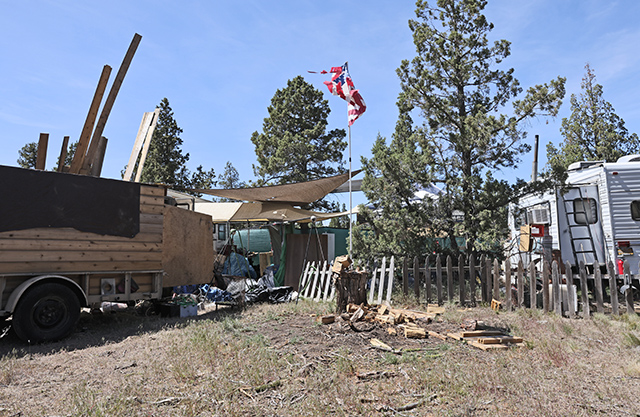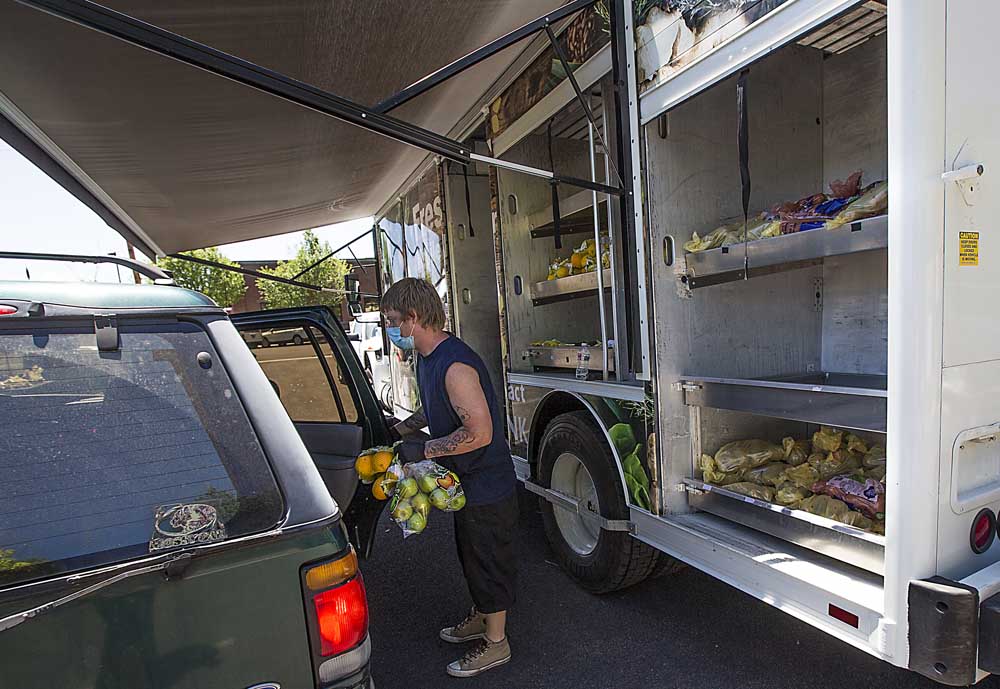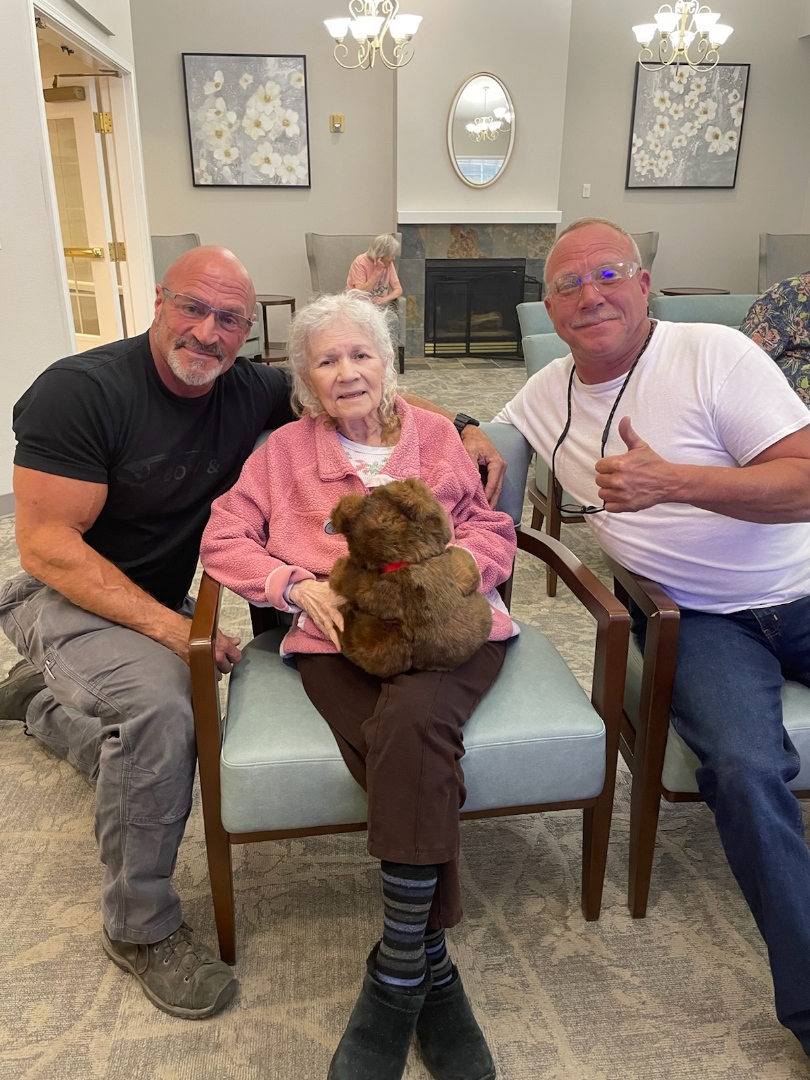Team time trial win redeems Orica-GreenEdge after bus incident
Published 5:00 am Wednesday, July 3, 2013
NICE, France — After the first stage of the Tour de France on Saturday, Orica-GreenEdge was the laughingstock of the peloton: Its team bus had become stuck on the finish line as riders descended upon Bastia, triggering a series of events that sent the race into chaos.
Three days later, after its second consecutive stage win, in which its leader, Simon Gerrans, took the yellow jersey, the Australian team has become the toast of the 100th Tour.
On a beautiful summer day in Nice, Orica-GreenEdge’s riders were the fastest on Stage 4’s 15.5-mile team time trial course around the Mediterranean city, narrowly beating out prestage picks like Omega Pharma-Quick-Step and Sky by three-quarters of a second.
Some of cycling’s best-known television images may be of solo mountain breakaways and sprinters raising their arms after vanquishing rivals, but every rider is part of a nine-man team at this year’s Tour de France, which ends July 21 in Paris.
The team time trial, which was last held at the Tour in 2011, pits each team’s riders against the clock. Most teams have nine, except for those like the French team Cofidis, which had eight after Yoann Bagot abandoned Monday.
It is indeed a team effort, with riders taking turns at the front of the group, striving to keep a high pace going. Clad in their team’s white-blue-and-green jersey, Gerrans and his team surprised the field.
“We were by no means the favorite, but we’re a well-balanced, strong team,” said Gerrans, the sixth Australian to wear the yellow jersey as leader of the Tour. “We thought that if everyone could play their role, if people didn’t try to do too much or too little, we would have a chance to finish very close to the top.”
It was not as close as Gerrans’ victory Monday in Stage 3, however, when he beat Peter Sagan to the line by less than a wheel’s length to claim the team’s first Tour de France stage.
Started in 2011, Orica-GreenEdge is Australia’s answer to Britain’s Team Sky. Built around a deep corps of Australian riders like the sprinter Matt Goss and Stuart O’Grady, in his 17th Tour de France this year, it has quickly achieved success.
Nothing, however, prepared them for what has happened this Tour.
“Yesterday was big,” said Matt White, the team’s general manager. “The biggest win for the team ever. Today, we didn’t really expect it.”
Gerrans said that his victory Monday was the result of months of preparation, but he could have said the same thing about Tuesday’s stage. Of all of the sport’s different disciplines — climbing, sprinting, individual time trials — the team time trial demands the most precise timing and coordination.
Teams do not just show up at the start line. They rent former Formula One tracks in Marseille to experiment with different bikes, wheels and rider formations, as BMC Racing did after the Giro d’Italia in May. Garmin-Sharp, which won the Tour’s last team time trial, in 2011, abandoned race radio in favor of giving riders direction over a loudspeaker mounted on the trailing car. And Team Sky, with four of its nine riders based in or around Nice, had intimate knowledge of the course.
But none of them were able to best Orica-GreenEdge: Garmin-Sharp finished sixth, Team Sky third and BMC Racing ninth, 26 seconds off the pace. Riders on each team are given the same finishing time; Tuesday’s time trial was not decisive in terms of the overall classification, but BMC’s finish put Cadel Evans 23 seconds back of Chris Froome, the Team Sky captain who is three seconds behind Gerrans.
“We weren’t fast enough,” Evans said. “Losing a lot of seconds isn’t something you want to hope for today. It isn’t what I expected.”
But perhaps the most disappointed team Tuesday was the second-place Omega Pharma-Quck-Step, which was favored in Nice after winning the inaugural team time trial race at the annual world championships last fall. Two of its riders — Mark Cavendish and Tony Martin — were caught up in a massive pileup mere miles from the first stage’s conclusion in Bastia, an incident many attributed to the Orica-GreenEdge’s bus being stuck on the finish line.






